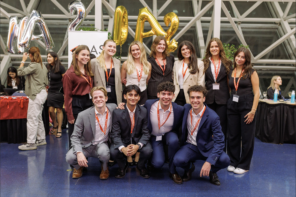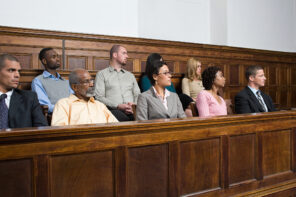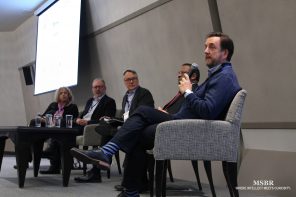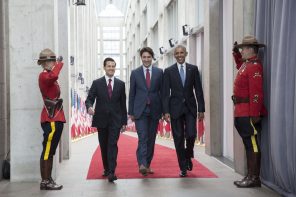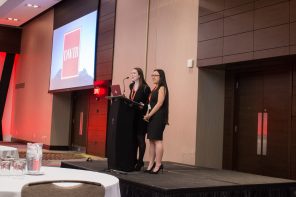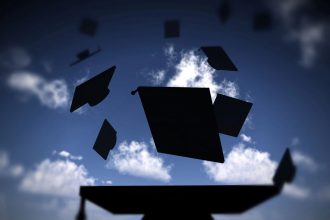
Over two thousand of the world’s elite are converging on the snowy town of Davos, Switzerland. They make the pilgrimage, bundled up and out at least $20,000 in entry fees, to discuss current economic and political topics with their counterparts in industry, business, and government. But essentially, business, public policy, and technocratic leaders go to Davos to network, network, network.*
Davos, an alpine town of 11,000, is best known for hosting the World Economic Forum (WEF, often simply referred to as Davos) every January. It is also the home of one ofSwitzerland’s biggest ski resorts and host to the Spengler Cup ice hockey tournament. This week, Davos gets to enjoy protection of the Swiss military and the attention of the world news media.
Among the who’s who in Davos this year will be Christine Lagarde of the IMF, Italy’s Prime Minister Mario Monti, German Chancellor Angela Merkel, European Central Bank President Mario Draghi, Lloyd Blankfein of Goldman Sachs, and Jamie Dimon of JPMorgan Chase. Conference regulars Bill and Melinda Gates will also be in attendance to push for health and education initiatives. In the past, celebrities like Brad Pitt and Angelina Jolie have seized much of the fanfare. This year, Charlize Theron will take a more modest role as an advocate for her Africa Outreach Project. Even a professional baseball player, Derek Jeter, is expected to attend.
From Canada, Thorsten Heins of Research in Motion is going along with Pierre Beaudoin, President CEO of Bombardier Inc., James M. Flaherty, Canadian Minister of Finance, and Stephen Toope, President and Vice-Chancellor of the University of British Columbia. BMO, CIBC, and Desjardins executives will also attend this year’s WEF.
Russian Prime Minister Dmitri Medvedev, who will deliver the keynote address tomorrow, will likely echo his and Vladimir Putin’s past speeches to the WEF in recent years that proclaimed Russia as a valuable investment opportunity despite its problems with corruption. This will be the third time in five years that a Russian leader delivers the keynote.
In the past, attendees of the conference have made predictions about the future world economic outlook. Andrew Ross Sorkin, in his New York Times article “Prophesies Made in Davos Don’t Always Come True,” points out that there will likely be a series of “provocative prognostications” throughout this Davos conference, and that the “wisdom of this crowd of the global elite may not be the most accurate.” An excerpt from Sorkin’s article:
In 2001, the World Economic Forum put together a panel on “the shape of the 21st century corporation.” Among the headliners were Ken Lay, the chief executive of Enron; Carleton S. Fiorina, the chief executive of Hewlett-Packard; and David H. Komansky, the chief executive of Merrill Lynch. (We know how their tenures turned out.)
Predictions, “prophecies,” and “provocative prognostications” are, therefore, not the reasons these powerbrokers are flocking to Switzerland. The most potent purpose of their pilgrimage is the ability to network so unabashedly. Dmitri Medvedev is giving the conference keynote address, in which he will push for increased foreign investment to a group that includes several hundred bankers; Derek Jeter will be having lunch with the CEO of PepsiCo during his stay in Davos, according to Fox Business Network; and dozens of Chinese and Indian executives are also expected to push for further investment in their own respective markets.
So begins the most spectacular – and expensive – networking opportunity of the year. Unfortunately, according to The Guardian, McGill will have no representatives in Davos this year. Perhaps next year a McGillian can join the Canadian contingent of Davos attendees.
*The Bull & Bear is also looking into whether synergy is or is not involved. More buzzwords to follow.

